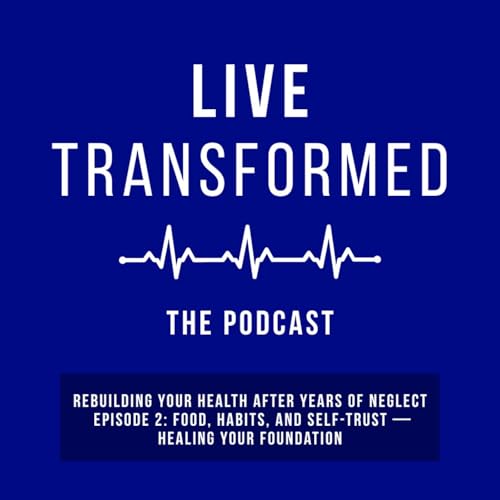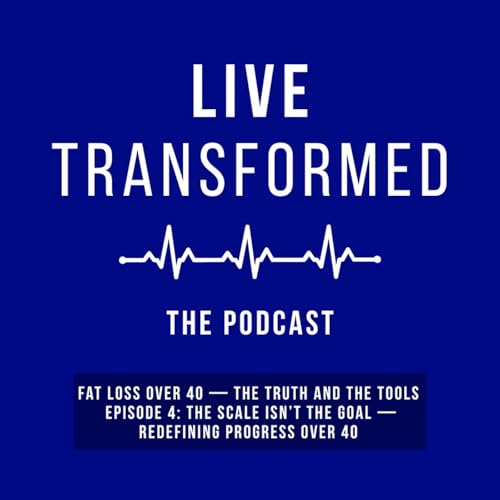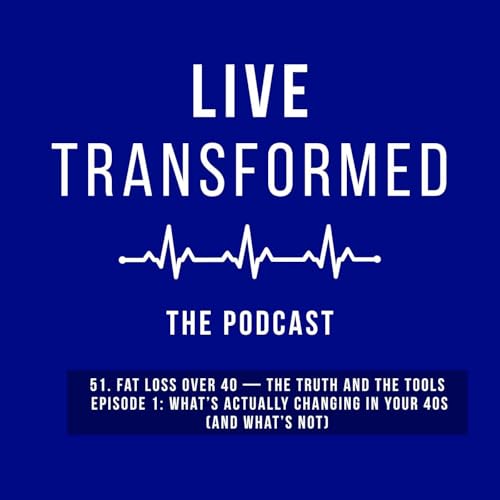Send us a text
Want the scale to reflect real progress—not lost muscle and a slower metabolism? We break down the three levers that decide whether your calorie deficit burns fat or strength: sleep, stress, and hormones. This is part two of our Fat Loss Over 40 series, and it’s packed with clear actions you can use today to change your results this week.
We start with sleep, the most underrated fat loss tool. You’ll hear how short nights elevate cortisol, distort hunger hormones like ghrelin and leptin, and push you toward decisions that wreck consistency. More importantly, we explain why insufficient sleep drives the body to lose muscle instead of fat and how a simple 30-minute bump in sleep time can shift cravings, training quality, and body composition. Then we pivot to stress—the silent sabotager that doesn’t magically add fat but does nudge skipped workouts, ultra-processed snacks, and worse sleep. We share fast, realistic strategies: 5 to 10 minute walks, 4-7-8 breathing, low-friction journaling, and faith-based grounding to steady your day.
Finally, we tackle hormones you can influence at any age. For women navigating perimenopause and men facing gradual testosterone decline, the right inputs matter. We outline a strength-first approach to preserve lean mass, protein-forward meals with fiber and healthy fats to stabilize appetite and support hormone balance, and why limiting alcohol and avoiding crash diets protects thyroid, recovery, and long-term results. The throughline is simple: you’re not broken—you just need better levers.
Take the 1% challenge: pick sleep, stress, or nutrition and improve one small thing this week. If you’re ready for a plan designed for your season of life, subscribe, share this with a friend who needs it, and leave a review so more people can find the show.
📚 References for Show Notes:
- Spiegel, K., et al. (2004). Sleep curtailment in healthy young men is associated with decreased leptin levels, elevated ghrelin levels, and increased hunger and appetite. Annals of Internal Medicine.
- Nedeltcheva, A. V., et al. (2010). Insufficient sleep undermines dietary efforts to reduce adiposity. Annals of Internal Medicine.
- Chrousos, G. P. (2009). Stress and disorders of the stress system. Nature Reviews Endocrinology.
- Hirshkowitz, M., et al. (2015). National Sleep Foundation’s sleep time duration recommendations. Sleep Health.
Transformed Health Initiative client case studies.
For Motivation and More Free Content, Visit Our THI Facebook Page!
Click Here And Follow Coach AK For Even More!
Join Our Free Facebook Group: Live Transformed: Rebuild Your Health, Habits, And Headspace
Instagram: @coachadamkelley
www.transformedhealthcoach.com
 20 m
20 m 21 m
21 m Oct 28 202517 m
Oct 28 202517 m Oct 21 202529 m
Oct 21 202529 m 20 m
20 m 24 m
24 m 20 m
20 m 23 m
23 m
